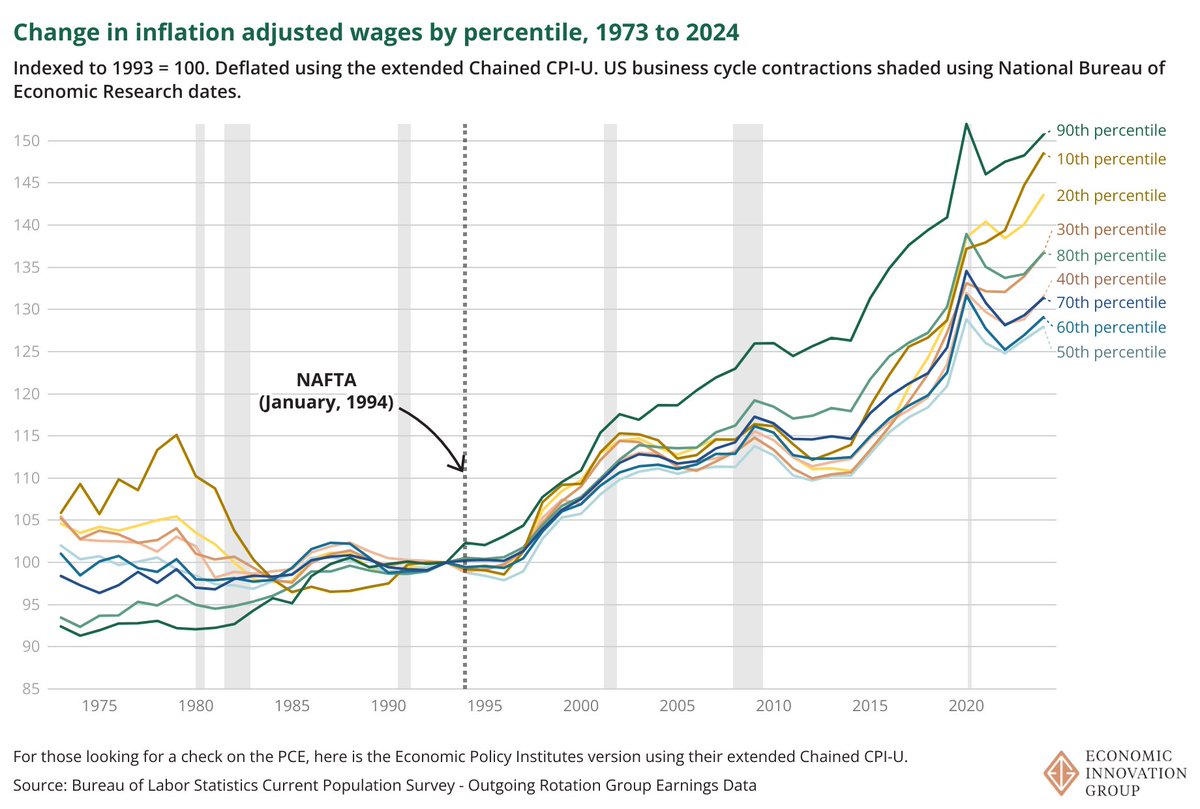
Muhammed Bulutay
@mvbulutay
Postdoc @UniHeidelberg.
Behavioral economist working on expectations, communication, and uncertainty.
ID: 1246074872603619331
https://www.muhammedbulutay.com/ 03-04-2020 13:59:40
844 Tweet
509 Followers
677 Following

New episode of Nullius In Verba ! We (very) critically discuss the classic paper by John Ioannidis 'Why most published research findings are false'. What did he get wrong, and why is it still interesting to read the paper? nulliusinverba.podbean.com/e/episode-56-m…










Thankfully, there is an upward trend in the use of causal methods in macroeconomics. I suppose this also depends on how you define causal methods. OLS can be considered causal if you are willing to make certain assumptions. aeaweb.org/articles?id=10… PJ Glandon

















